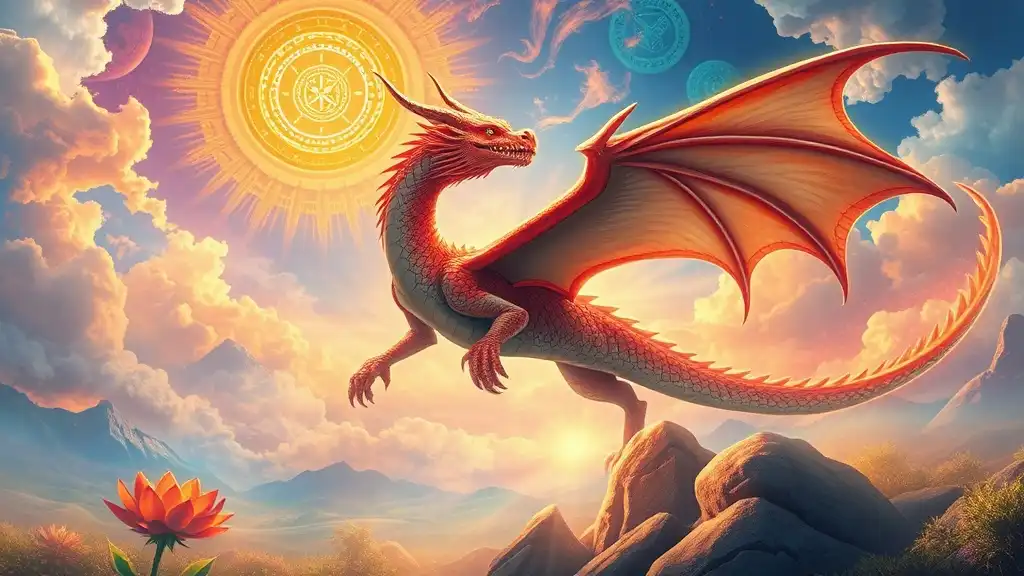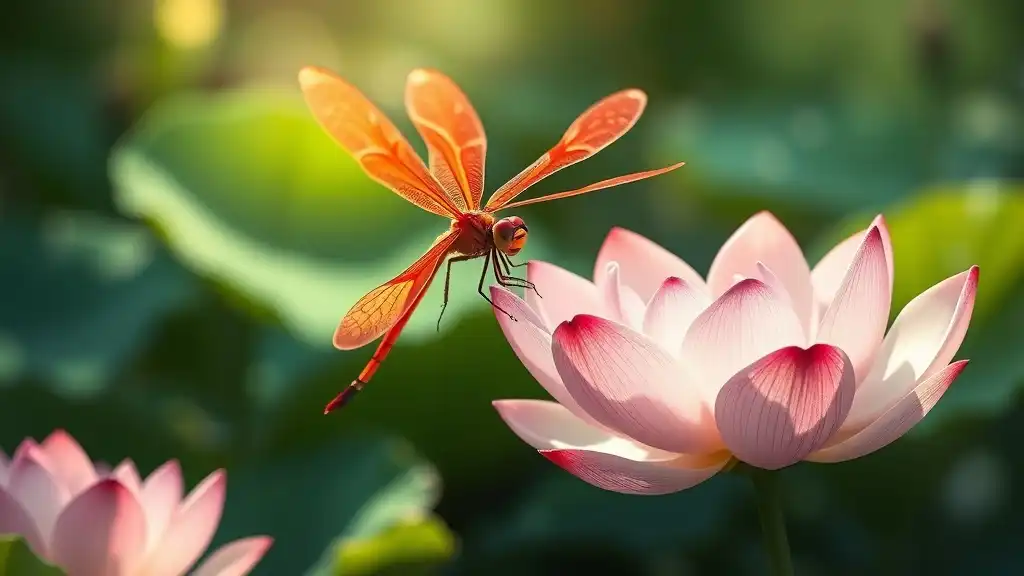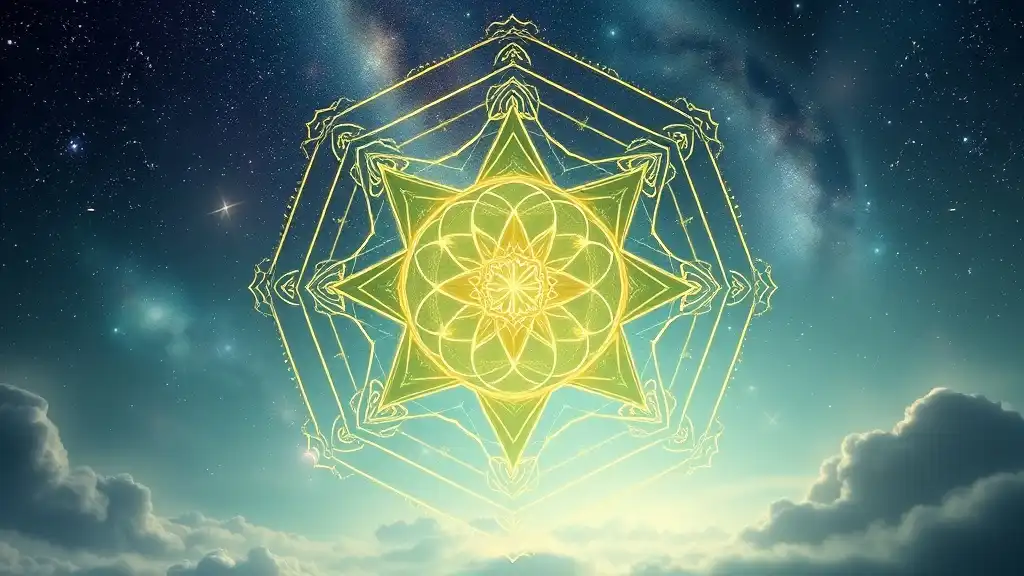Dagon is a fascinating figure that emerges from ancient mythology, primarily associated with the Near East. This powerful deity embodies both fertility and agriculture, serving as a significant symbol in various cultures. Throughout this article, we will dive into the layers of Dagon's spiritual meaning, shedding light on his historical context, symbolism, and relevance to modern spiritual practices.
Historical Context of Dagon
The Origins of Dagon
Dagon has its roots in ancient Near Eastern mythology, with some of the earliest mentions found in Sumerian texts as associated with grain. He was regarded as a prominent figure in the pantheon of gods. As chief god of the Philistines, Dagon represented not just a personification of fertility but also a protector and sustainer of communities through agriculture. Understanding Dagon's origins offers a glimpse into how ancient peoples revered the agricultural cycle, making the deity integral to their survival.
Dagon in Different Cultures
Dagon’s presence spreads across various ancient cultures, from Mesopotamia to the Philistine territories. In Mesopotamia, he was often linked with the earth and fertility, highlighting the life-giving aspects of the land. Conversely, the Philistines viewed Dagon as a warrior god, one who could provide strength in battle. This duality underscores Dagon’s role in both nurturing and protecting, emphasizing how societies grappled with the opposing forces of growth and conflict.

Dagon’s Symbolism
Representation of Fertility and Agriculture
At the heart of Dagon's symbolism lies fertility. As a god associated with grain and the harvest, Dagon plays a crucial role in sustaining life. Farmers would invoke his name to ensure a bountiful harvest, reflecting the intimate relationship between humanity and nature. This aspect of Dagon signifies not only the literal growth of crops but also a deeper spiritual connection with abundance and prosperity.
Dual Nature of Dagon
Dagon exemplifies a fascinating dual nature. While he nurtures life through agriculture, he is also a formidable protector in times of war. This synergy of creation and destruction serves as a reminder of life’s complexities. The acknowledgement of both nurturing and destructive forces allows us to understand the delicate balance in our lives—how growth often springs from challenges and strife.

Spiritual Significance of Dagon
Dagon in Modern Spirituality
In contemporary spiritual practices, Dagon’s influence resurfaces with new interpretations. Many modern practitioners draw from Dagon’s mythology to confront themes of abundance, protection, and personal empowerment. He embodies a spirit of resilience, encouraging individuals to tap into their own personal power to manifest their desires. Dagon’s fertility symbolism transposes into abundance in various aspects of life, ranging from relationships to wealth.
Dagon as a Guide for Personal Growth
The stories surrounding Dagon provide potent lessons for our spiritual journeys. His multifaceted persona encourages self-exploration and introspection. By delving into the qualities that Dagon represents, individuals can reflect on their own lives—where have they experienced growth, and where do they face challenges? By contemplating Dagon's life, one can find clarity and understand that every struggle can lead to newfound strength and wisdom.

The Shadow Side of Dagon
Darker Associations
With great power comes great darkness. In the realm of spirituality, Dagon also holds associations with paganism and negative energies. Many ancient peoples feared deities like Dagon, illustrating the need for caution when engaging with such powerful archetypes. Understanding these darker associations can help individuals navigate their own fears and respect the complexity of the energies they invoke.
Overcoming Dagon’s Challenges
To channel Dagon’s energy effectively, one must be willing to face their challenges head-on. Engaging with his spirit means learning to harness both the nurturing and the destructive, allowing for transformation and personal growth. Techniques such as journaling or guided meditation can help individuals integrate Dagon’s symbolism into their lives, leading to a more balanced existence. Embracing Dagon means acknowledging the shadows while striving for light.

Engaging with Dagon's Spirit
Rituals and Practices
Honoring Dagon can involve simple yet profound rituals that reflect his dual nature. Creating an altar with grains, wheat sheaves, or water can be a powerful way to invite his spirit into your space. Meditation focused on grounding and abundance can help channel Dagon’s energies, facilitating a connection that encourages both personal growth and protection.
Seeking Guidance from Dagon
To truly engage with Dagon, practitioners can invite his wisdom into their daily lives through affirmations and reflections. Seeking guidance from Dagon means being open to the lessons he imparts—whether through moments of abundance, facing challenges, or embracing the cycles of life. Trusting in this ancient deity can lead to powerful insights and transformations.

Conclusion
Dagon embodies a rich tapestry of meanings that transcends time and culture. As we explore his spiritual significance, we uncover a deeper understanding of our own lives—reminding us of the delicate balance between nurture and conflict, abundance and challenge. Engaging with Dagon allows us to tap into this complex energy to enrich our spiritual journeys, inviting profound growth and transformation. As we continue our exploration of ancient meanings, let Dagon be a guiding light, illuminating our paths with wisdom, resilience, and strength.



















